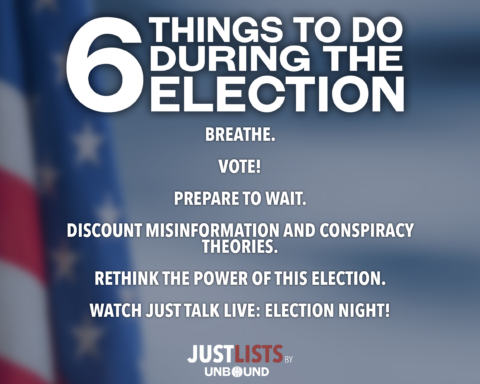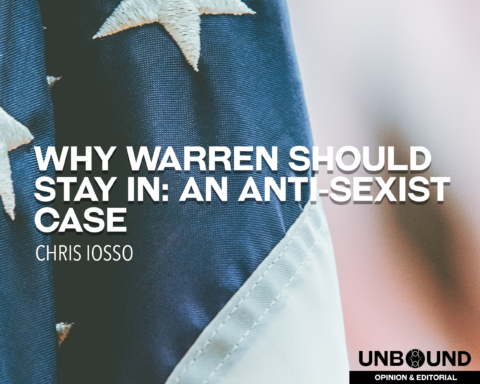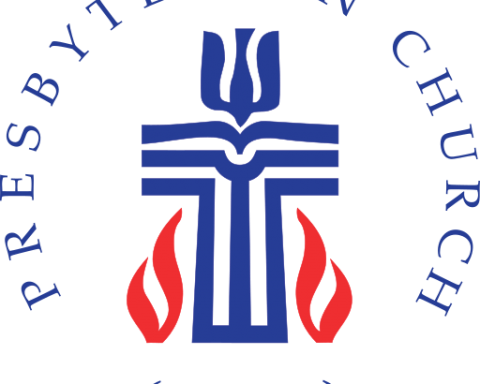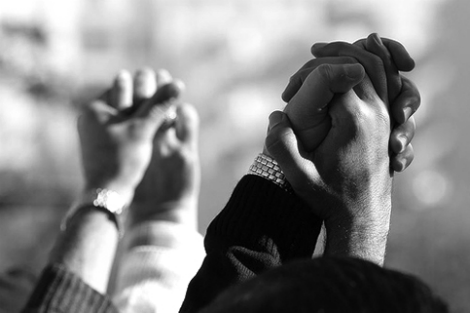A Statement by ACSWP in Response to the US 2016 Elections*

Grace and Peace in the name of our Lord Jesus Christ,
We write you at a time of great national tension. The recent campaign has exposed deep divisions in our national life. We are like a family that has been through a terrible quarrel. Threats were made, insults were hurled, and people are rightfully alarmed, angry, and suspicious. We have major work to do to heal our national divisions, to ensure every person is respected, and to protect the public life of the nation. Now is the time for Presbyterians to recover the virtues of Christian citizenship and engage in the ministry of reconciliation.
The American founders believed that, just as a monarchy can only be as good as the monarch, a democracy can only be as good as the people. They knew people sin in many ways and that every previous democracy in history had failed. To counteract this they set up checks and balances to diffuse power and restrain political corruption. Even so, they worried about a sinful people overwhelming these systems and defeating democracy. This is one reason why they encouraged the cultivation of civic virtue.
___________________________________________
Christian citizenship begins with clarity about our loyalties. A Christian’s first allegiance is to Jesus Christ and God’s reign. Loyalty to the nation is subordinate to our ultimate loyalty to God.
___________________________________________
Christian citizenship begins with clarity about our loyalties. A Christian’s first allegiance is to Jesus Christ and God’s reign. Loyalty to the nation is subordinate to our ultimate loyalty to God. Similarly, devotion to a political party is subordinate to our loyalty to the nation. If we are not clear that God holds our ultimate allegiance, the other loyalties become idols.
 Christians see everything in relationship to God. Knowing people are sinners, we refuse to entrust elected officials with too much power and defend democratic norms that hold that power in check. Our Reformed tradition is full of realism concerning the fragility of our political order.
Christians see everything in relationship to God. Knowing people are sinners, we refuse to entrust elected officials with too much power and defend democratic norms that hold that power in check. Our Reformed tradition is full of realism concerning the fragility of our political order.
Our Presbyterian forbearers held that political communities were covenantal. They believed the lives of the peoples in a nation were bound together, for good or for ill (“covenant” means “to bind”). Hence, we must treat one another with respect. We should not slander or insult our covenant partners or disenfranchise our political opponents. Rather we should engage each other as co-equal partners in the covenant and work together to solve our problems. Covenantal communities are not maintained by law alone, but require what the Bible calls hesed; that is, steadfast love and empathy. The affective ties that bind any union need periodic renewal.
The hostility of this election may tempt us to go to our corners and find consolation among our own like-minded tribes. But the covenantal ideal pulls us back to rebuild our political community, to find a bigger and more gracious sense of our national identity.
The idea that our lives are bound together calls us to listen to one another. We need to hear the alarm of those who have been threatened and fear they will be treated as second-class citizens. We need to hear the pain of the people who feel overlooked by Republican and Democratic Party elites. We need to hear the despair of those impacted by globalization and other manufacturing trends. We need to hear the anxiety of those alarmed by campaign rhetoric that dismissed constitutional norms and democratic values. We need to hear how name-calling and heated rhetoric hurt people and damaged our political life. We must not only listen to our political allies, but we must hear the ones we want to write off, the ones with whom we most disagree.
___________________________________________
Christian citizenship requires us to be swift to speak against those who would menace others.
___________________________________________
Of course, listening does not mean we will agree; it only means that we will remain engaged with one another. Listening reassures alienated people that they matter. It demonstrates that we are all in this together. It is the only way we will find common ground. And it requires that we speak truthfully and honestly.
Clarity about our priorities and the nature of our political community helps us to resist the worst aspects of partisanship, such as demonizing our political opponents or judging them by the misbehavior of a few. It helps us resist temptations to violate the law or practice winner-take-all powerplays, even when—as when climate science is disregarded—all our children will suffer. It is not naive to be concerned when the truth is twisted to gain power. Democratic accountability fosters a self-critical spirit that curbs the temptation to give our own side a pass on bad behavior, tilting our Republic toward oligarchy. Republican virtues remind us that the purpose of politics in a democracy is not winning, but governing. It directs us to be magnanimous in victory and gracious in defeat.
Christian citizens are inspired by their principles and values as they join with other persons of good will in seeking the common good. In this pursuit, they will be particularly concerned for the poor, the weak and the marginalized, remembering that Jesus said “as you do unto the least of these, so have you done it unto me” (Matthew 25). Christian citizens work with other people of good will to defend shared social achievements that enable each person to flourish. These goods include public education, the right to vote, human rights, religious liberty, equal opportunity, creation care, just taxation, public health, etc.
 Christian citizenship requires us to be swift to speak against those who would menace others. In this regard, this election has not been like other recent elections. Direct threats were aimed at various minority groups and the press. In the absence of apologies we cannot dismiss the alarm this has provoked. Citizens have the right, and sometimes an obligation, to express their concerns in non-violent protest. Even if we think some protester’s concerns are overwrought, we owe them reassurance that we will not stand idly by if their worst fears become real. Christians in government bear a responsibility to honor their oaths to uphold the Constitution without favor, and to resist any misuse of power by others, regardless of party.
Christian citizenship requires us to be swift to speak against those who would menace others. In this regard, this election has not been like other recent elections. Direct threats were aimed at various minority groups and the press. In the absence of apologies we cannot dismiss the alarm this has provoked. Citizens have the right, and sometimes an obligation, to express their concerns in non-violent protest. Even if we think some protester’s concerns are overwrought, we owe them reassurance that we will not stand idly by if their worst fears become real. Christians in government bear a responsibility to honor their oaths to uphold the Constitution without favor, and to resist any misuse of power by others, regardless of party.
We call on Presbyterians to cultivate the virtues of Christian citizenship and work with other people of good will to renew our national covenant. We urge congregations to promote and model respectful dialogue on issues of public importance. Each of us may face particular times when we must stand up, bound by conscience, to support democratic values and the prophetic demands of justice. In short, we encourage Christians to embody a truer patriotism: a love for country that is critically engaged and includes all people.
_________________________________________________
*This statement of reflection on the election builds on elements in the Social Creed for the 21st Century (2008), Lift Every Voice (2010), and the update of that policy, Election Protection and Integrity in Campaign Finance, approved by the 2016 General Assembly of the PC(USA).






Unbound Social